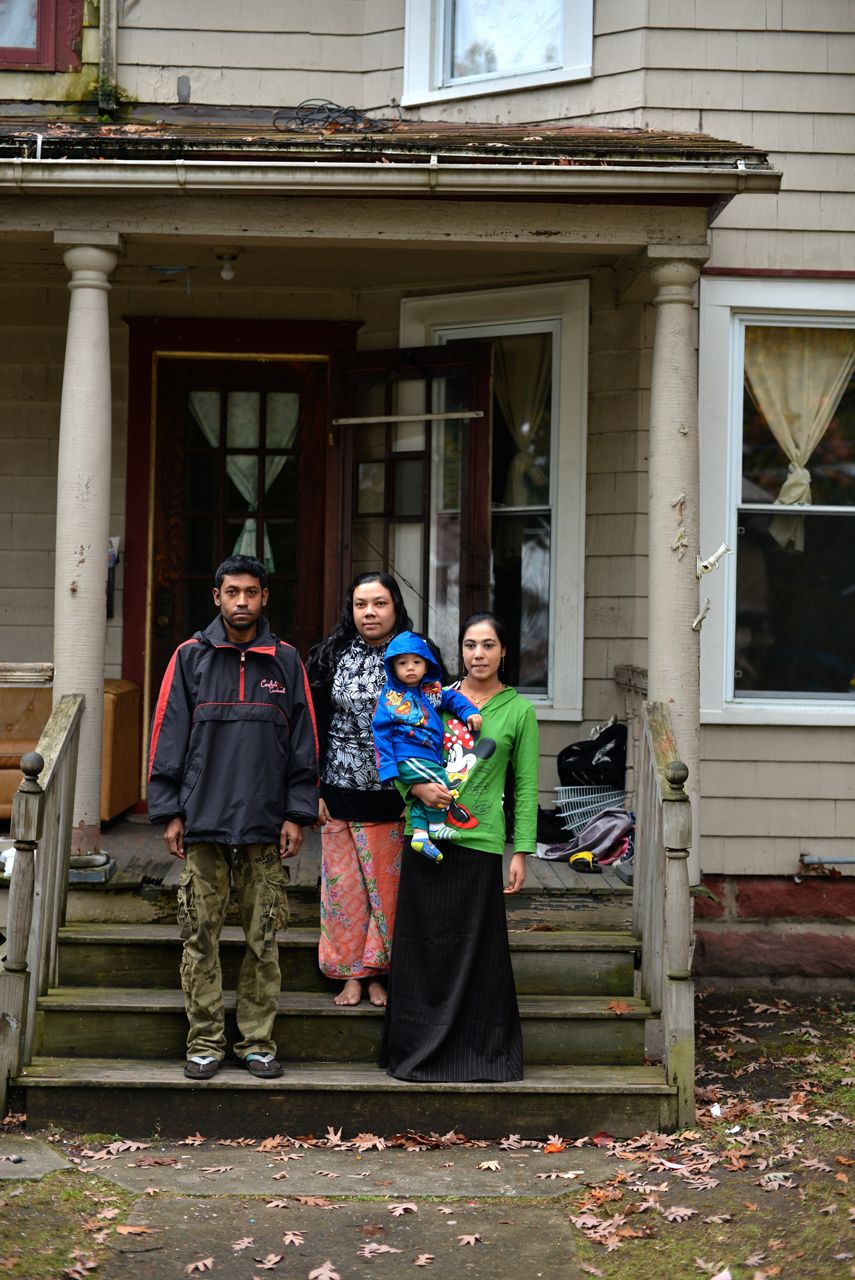The Supreme Court said Monday it will hear two cases seeking to hold social media companies financially responsible for terrorist attacks.
What You Need To Know
- The Supreme Court said Monday it will hear two cases seeking to hold social media companies financially responsible for terrorist attacks
- Relatives of people killed in terrorist attacks in France and Turkey had sued Google, Twitter, and Facebook, accusing the companies of helping terrorists spread their message and radicalize new recruits
- The Supreme Court also said Monday it won’t take up two cases that involved challenges to a ban enacted during the Trump administration on bump stocks
- And the high court said it won’t intervene in a lawsuit in which Dominion Voting Systems accused MyPillow chief executive Mike Lindell of defamation for falsely accusing the company of rigging the 2020 presidential election
Relatives of people killed in terrorist attacks in France and Turkey had sued Google, Twitter, and Facebook. They accused the companies of helping terrorists spread their message and radicalize new recruits.
The court will hear the cases this term, which began Monday, with a decision expected before the court recesses for the summer, usually in late June. The court did not say when it would hear arguments, but the court has already filled its argument calendar for October and November.
The Supreme Court also said Monday it won’t take up two cases that involved challenges to a ban enacted during the Trump administration on bump stocks, the gun attachments that allow semi-automatic weapons to fire rapidly like machine guns. And the high court said it won’t intervene in a lawsuit in which Dominion Voting Systems accused MyPillow chief executive Mike Lindell of defamation for falsely accusing the company of rigging the 2020 presidential election against former President Donald Trump.
One of the social media cases the justices will hear involves Nohemi Gonzalez, a 23-year-old U.S. citizen studying in Paris. The Cal State Long Beach student was one of 130 people killed in Islamic State group attacks in November 2015. The attackers struck cafes, outside the French national stadium and inside the Bataclan theater. Gonzalez died in an attack at La Belle Equipe bistro.
Gonzalez’s relatives sued Google, which owns YouTube, saying the platform had helped the Islamic State group by allowing it to post hundreds of videos that helped incite violence and recruit potential supporters. Gonzalez’s relatives said that the company’s computer algorithms recommended those videos to viewers most likely to be interested in them.
But a judge dismissed the case and a federal appeals court upheld the ruling. Under U.S. law — specifically Section 230 of the Communications Decency Act — internet companies are generally exempt from liability for the material users post on their networks.
The other case the court agreed to hear involves Jordanian citizen Nawras Alassaf. He died in the 2017 attack on the Reina nightclub in Istanbul where a gunman affiliated with the Islamic State killed 39 people.
Alassaf’s relatives sued Twitter, Google and Facebook for aiding terrorism, arguing that the platforms helped the Islamic State grow and did not go far enough in trying to curb terrorist activity on their platforms. A lower court let the case proceed.
Bump stocks
The justices’ decision not to hear the bump-stock cases comes on the heels of a decision in June in which the justices by a 6-3 vote expanded gun-possession rights, weakening states’ ability to limit the carrying of guns in public.
The cases the justices declined to hear were an appeal from a Utah gun rights advocate and another brought by the gun rights group Gun Owners of America and others. As is typical the justices made no comments in declining to hear the cases and they were among many the court rejected Monday, the first day of the court’s new term.
The Trump administration’s ban on bump stocks took effect in 2019 and came about as a result of the 2017 mass shooting in Las Vegas. The gunman, a 64-year-old retired postal service worker and high stakes gambler, used assault-style rifles to fire more than 1,000 rounds in 11 minutes into the crowd of 22,000 music fans. Most of the rifles were fitted with bump stock devices and high-capacity magazines. A total of 58 people were killed in the shooting and two died later. More than 850 people were injured.
The Trump administration’s move was an about-face for the federal Bureau of Alcohol, Tobacco, Firearms and Explosives. In 2010, under the Obama administration, the agency found that bump stocks should not be classified as a “machinegun” and therefore should not be banned under federal law. Under the Trump administration, officials revisited that determination and found it incorrect.
The high court previously declined a different opportunity to take a case involving the ban.
MyPillow CEO
As is typical, the high court did not say anything Monday about the Lindell case in rejecting it among a host of others.
Lindell is part of a case in which Dominion also accused Trump allies Sidney Powell and Rudy Giuliani of defamation for falsely claiming that the election was “stolen.” The Denver, Colorado-based Dominion has sought $1.3 billion in damages from the trio.
A lower court judge in August of last year declined to dismiss the case and instead said it could go forward. Lindell had appealed that determination, but a federal appeals court said his appeal was premature. The Supreme Court declined to take up that issue.
Powell and Giuliani, both lawyers who filed election challenges on Trump’s behalf, and Lindell, who was one of Trump’s most vocal public supporters, made various unproven claims about the voting machine company during news conferences, election rallies and on social media and television.
There was no widespread fraud in the election, which a range of election officials across the country, including Trump’s attorney general, William Barr, have confirmed. Republican governors in Arizona and Georgia, key battleground states crucial to Biden’s victory, also vouched for the integrity of the elections in their states. Dominion machines tabulated ballots in 28 states.
In September, a judge in Minnesota declined to dismiss a separate defamation lawsuit by a different voting machine maker, Smartmatic, against Lindell. Smartmatic’s machines were used only in Los Angeles County during the 2020 election. MyPillow is based in Minnesota.




